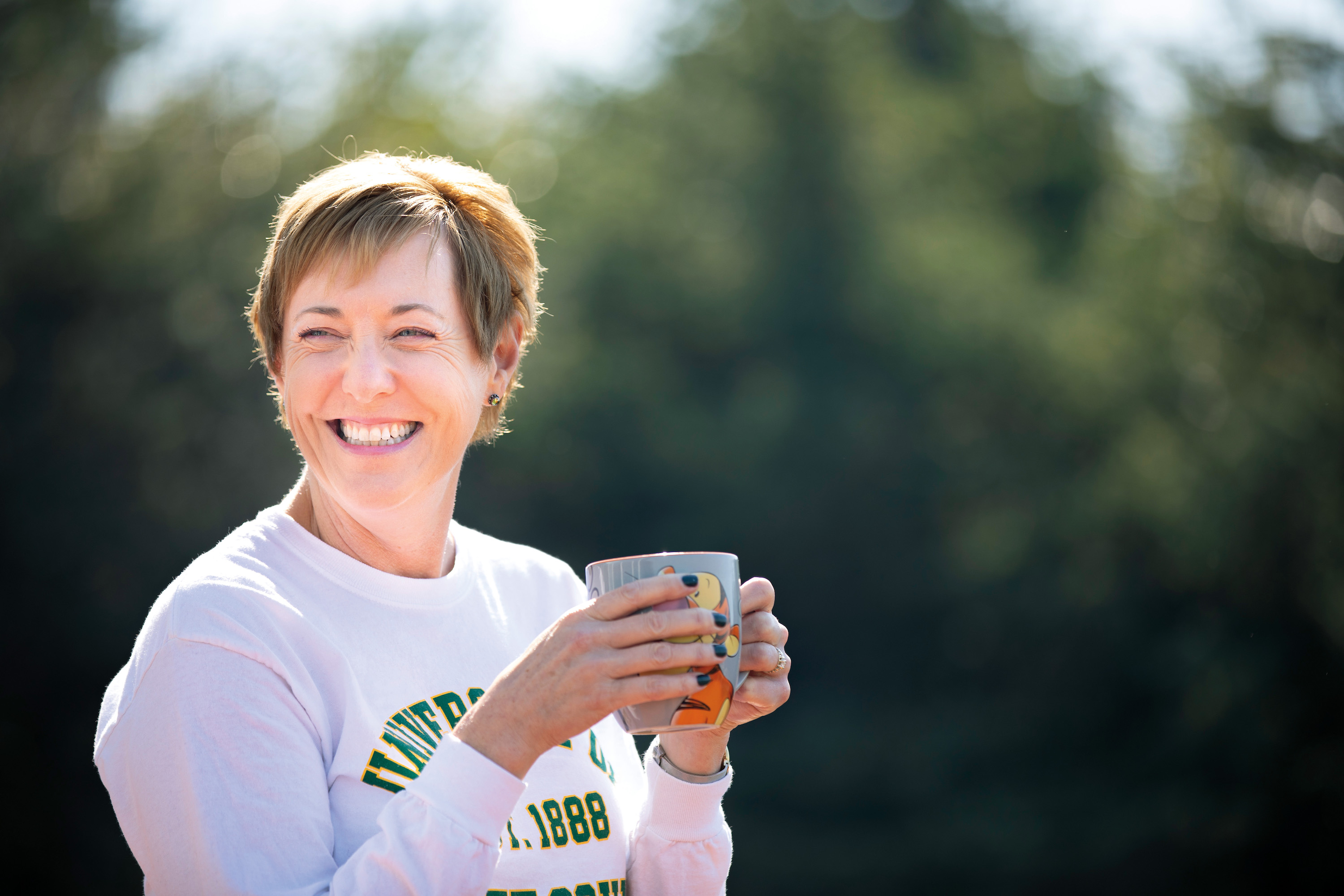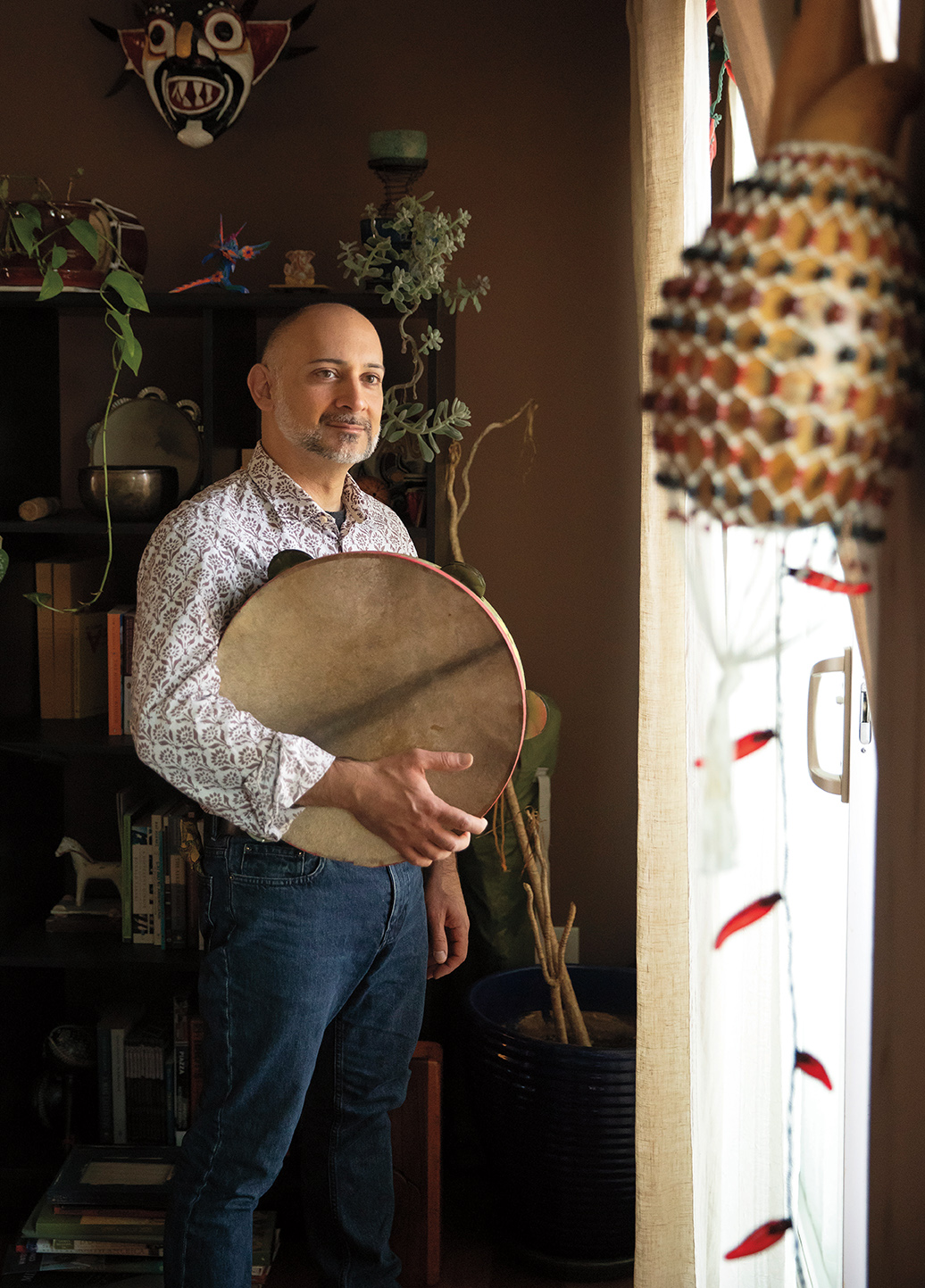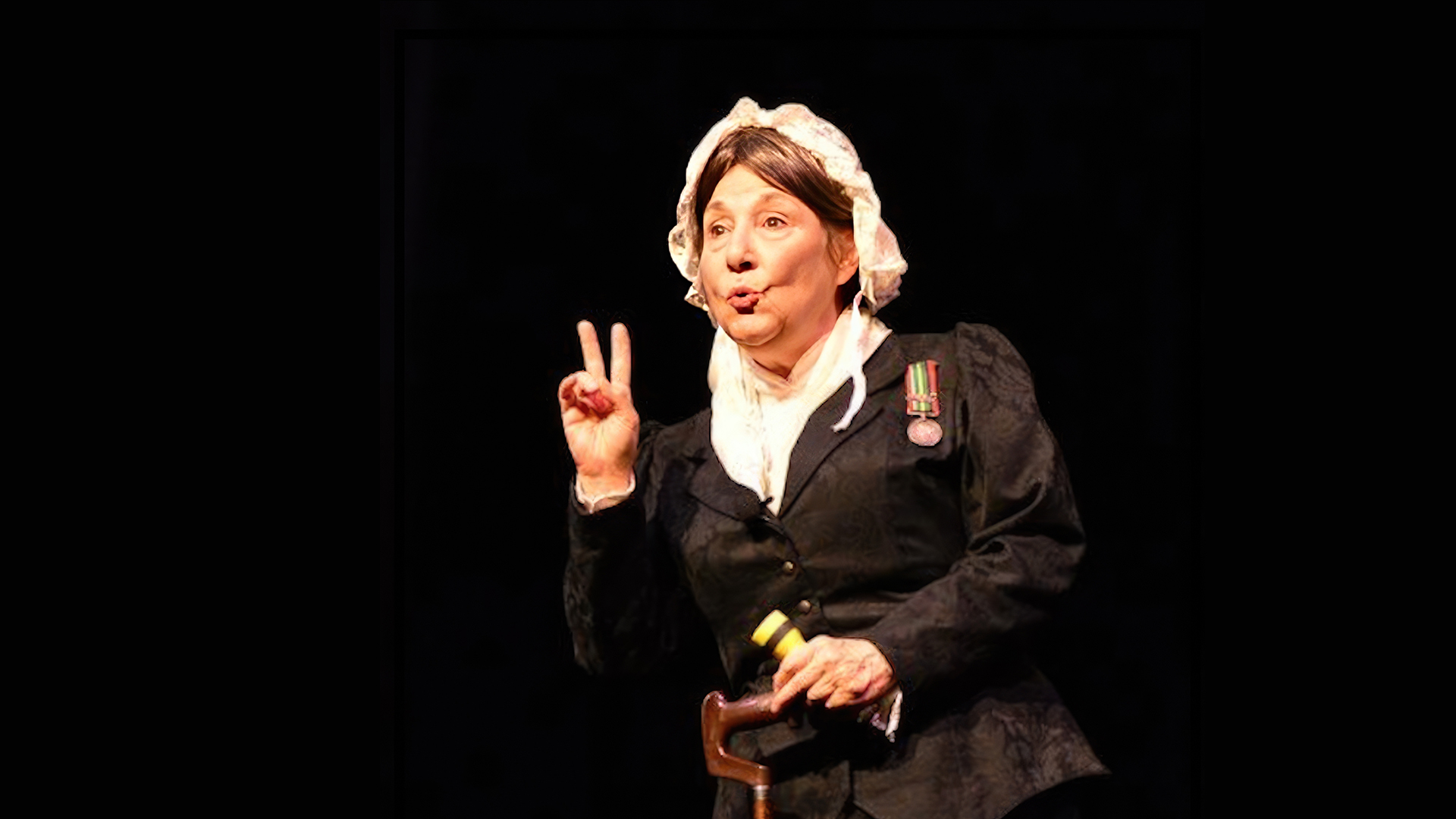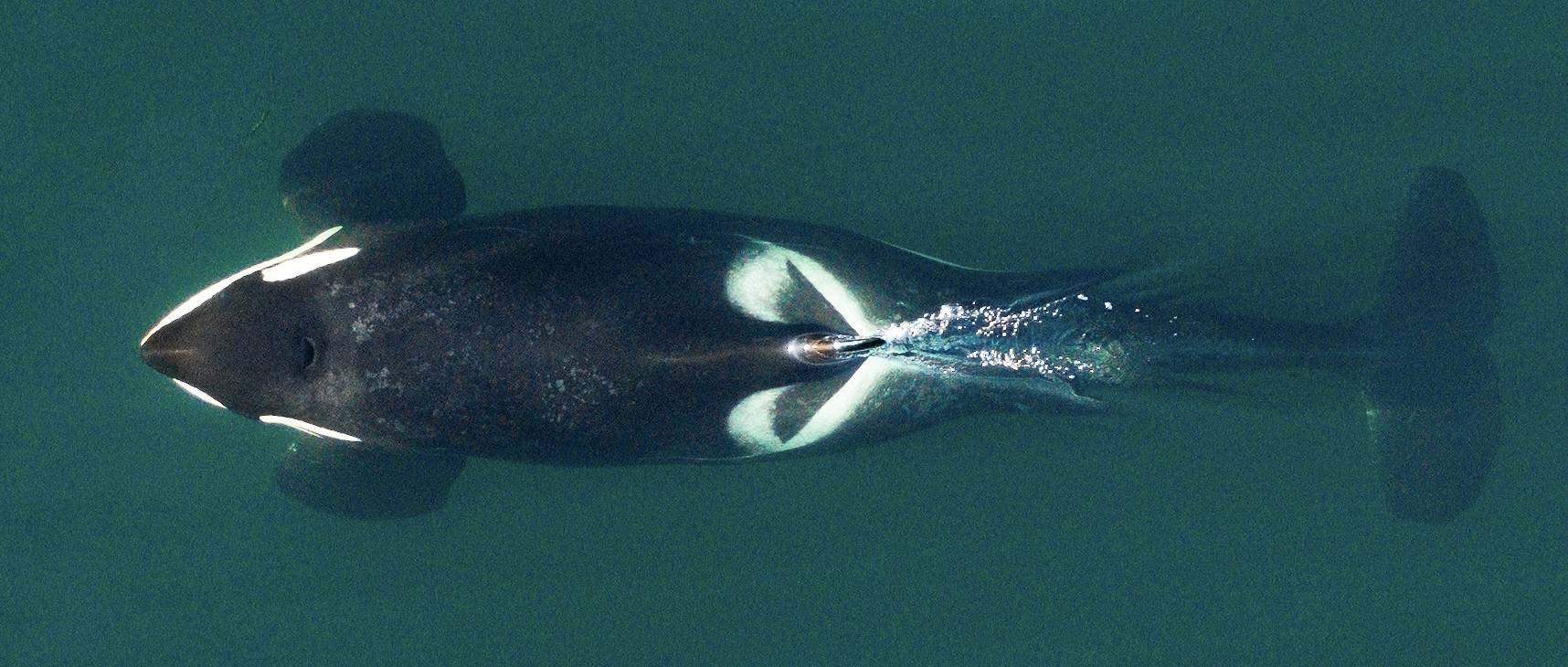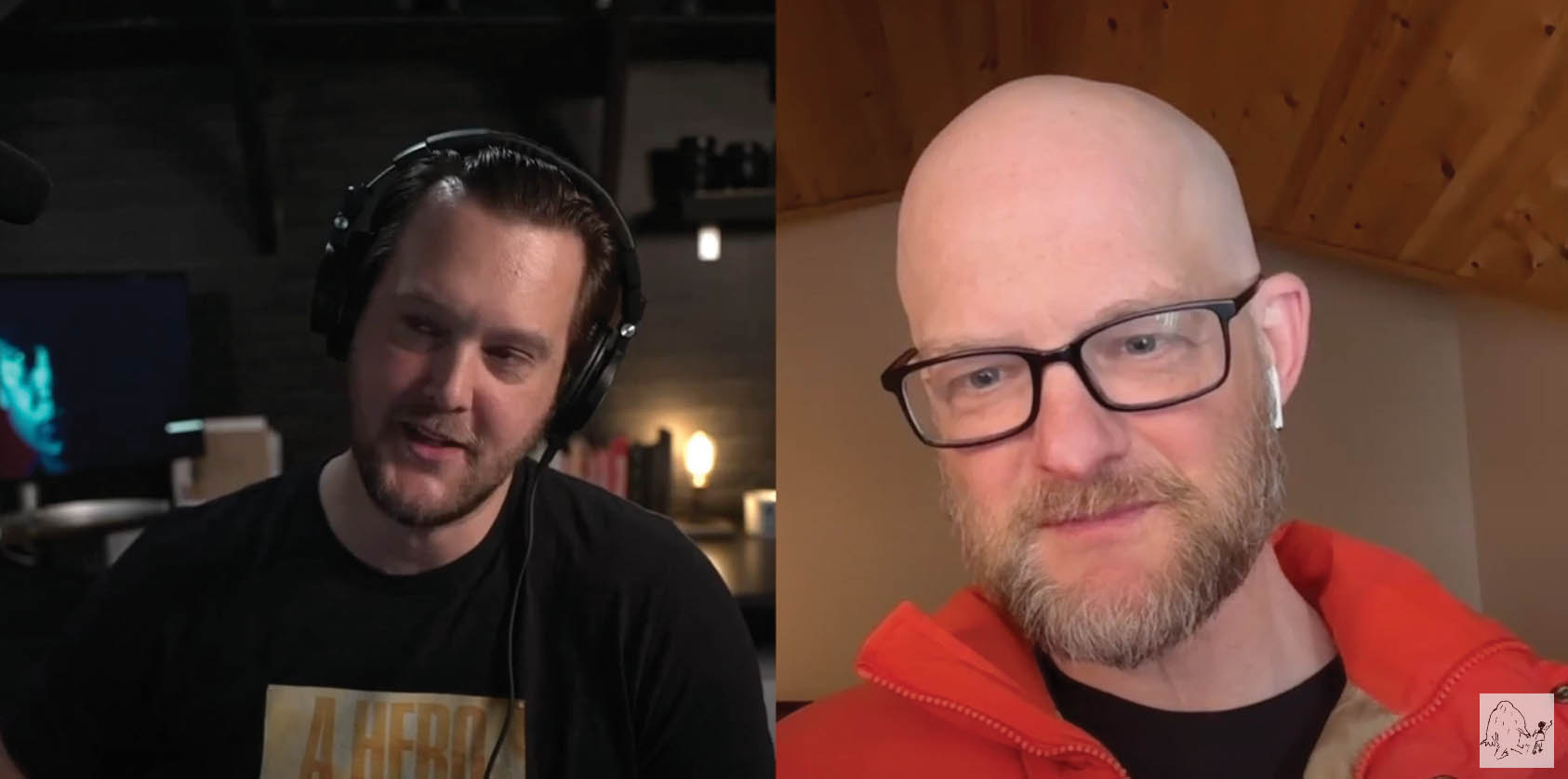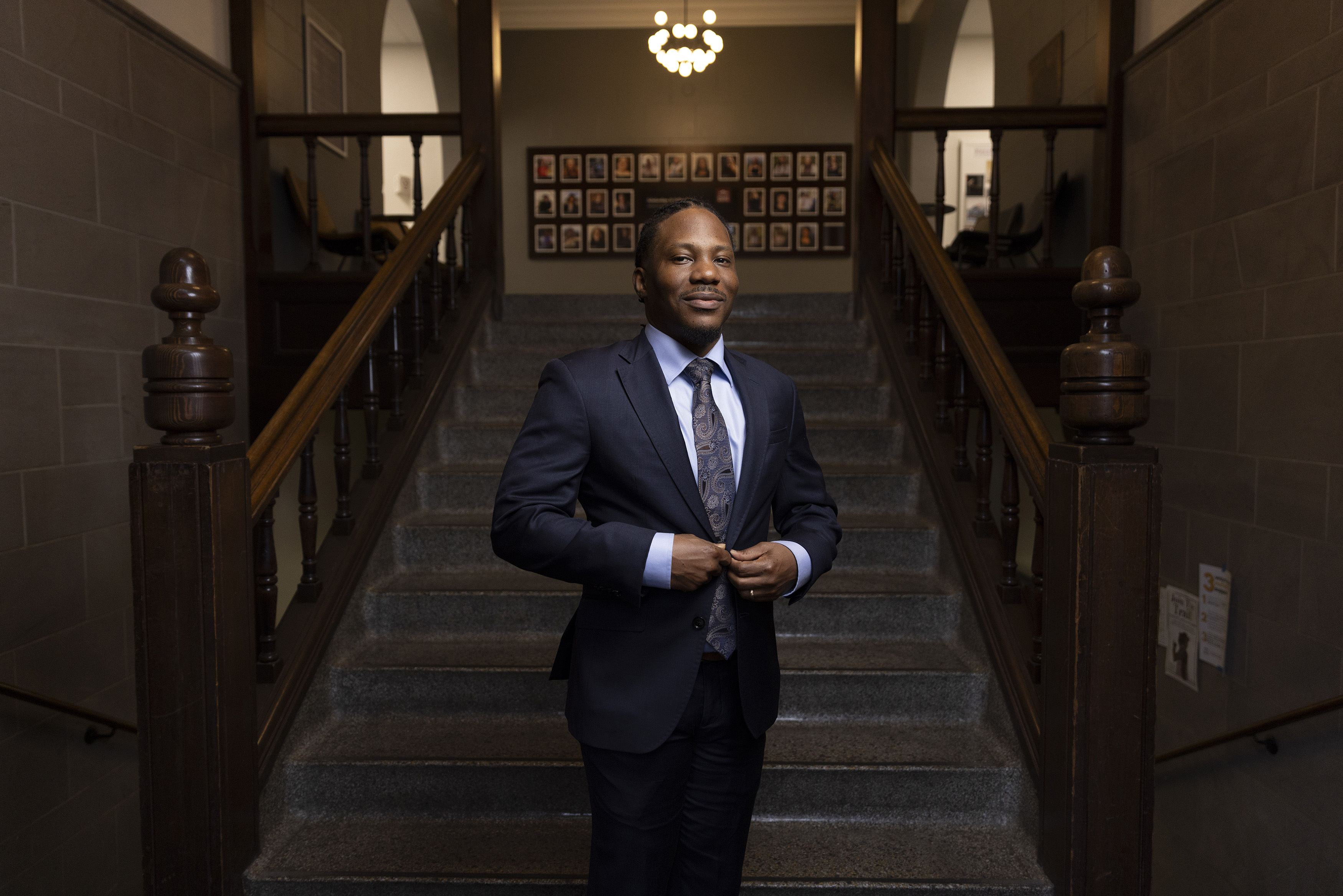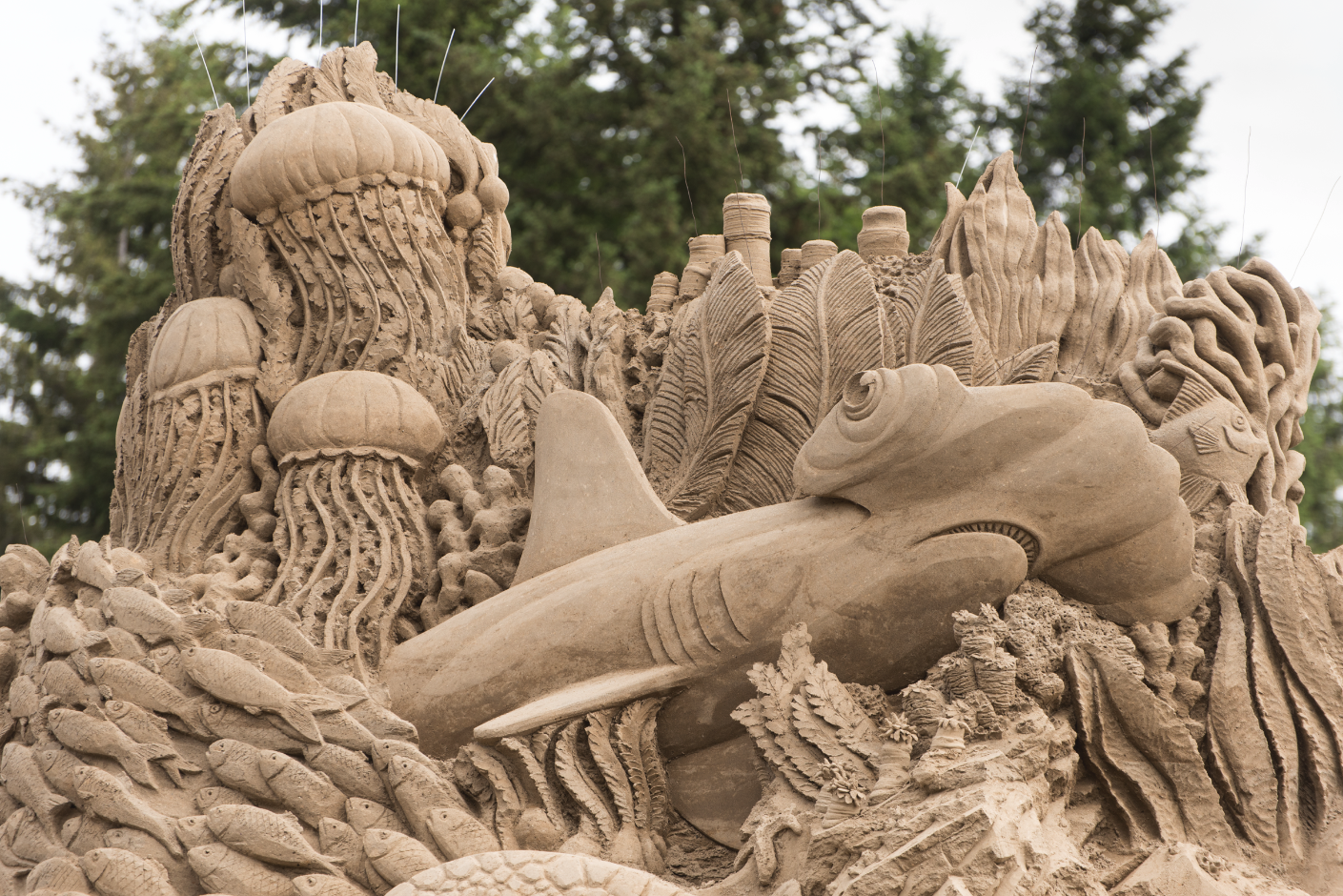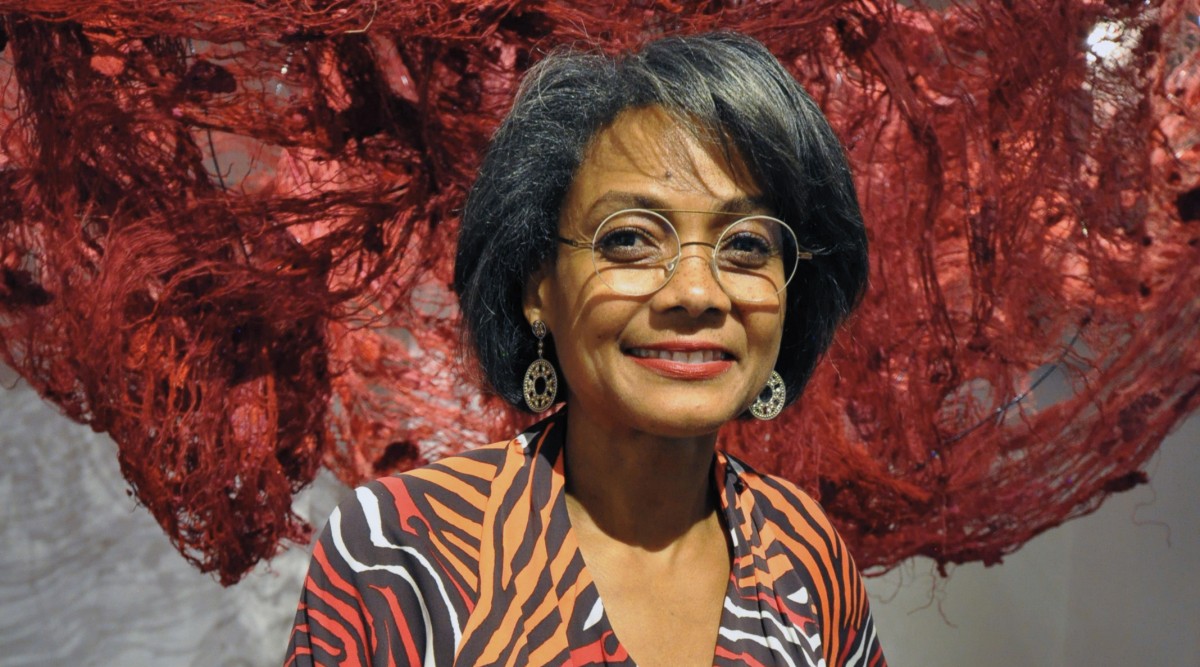Kris Kristofferson, singer/songwriter, February 2013
“This was when I was the host of Weekend Edition. I was new at hosting, and doing arts interviews was new to me—I was used to interviews on national security and religion. And he was just such a pleasure to talk with. So much of my experience before that was with people who have a specific agenda, and are so highly scripted in their responses. He’s old enough, he’s got nothing to lose, and he was just so thoughtful. Just the real deal.”
Listen to the interview
Mary Ann Hale, elementary school principal, June 2018
“I did a bunch of stories in Ohio on the opioid crisis in 2018, and I did several interviews in the course of that reporting that are memorable. I highlight this one because of her role as principal, trying to hold all these kids together; their lives are falling apart at home, many of their parents were addicts, some of them had parents who had died of overdoses. And she’s trying to keep these kids safe and give them an education. The difficulty of her work was hard to fathom. She didn’t have the time to wallow in it—she had to keep putting one foot in front of the other. At the end of the piece, I think the natural tendency as storytellers is to end on a note of optimism; that’s my tendency. But I ended that story without that, because that’s the truer version. She talked about all the things she tries to do, and all she could say is that she worries because doesn’t have any oversight over these kids once they leave school. It’s kind of a dark thought to end it on, but I couldn’t find a way to make it optimistic that rang true.”
Listen to the interview
Rocco Logozzo, grieving uncle, September 2015
“This man’s two nephews and sister-in-law drowned in the Mediterranean Sea trying to escape the Syrian war; a photo of one of the nephews pulled from the water had gone viral, and that image made people connect to these refugees. It’s just the worst, and I could not compartmentalize—I cried in this interview, and it’s audible. It’s a prerecorded interview, and I wanted to edit it out, but my editor said, ‘Let’s keep it in. You’re a person in these conversations, and we have reactions to things.’ It’s this balancing act of not making it about yourself in responding to something.”
Listen to the interview
David Choe, artist, June 2021
“David is a genius—no one’s going to listen to this interview and say, ‘I don’t know, I don’t hear it.’ This was when his TV show first came out. He’s a trip, and his show is so interesting: It’s him painting, in real time, people he’s close with, but also some he’s not. Talk about a person who doesn’t care what people think of him—he gets to the core of issues better than I ever could. But he also has a lot of his own issues he’s working through: an abusive childhood, past addictions. And he was just really honest with me. I appreciated him trusting me with all his stuff. It was really moving to me. I don’t take that lightly.”

